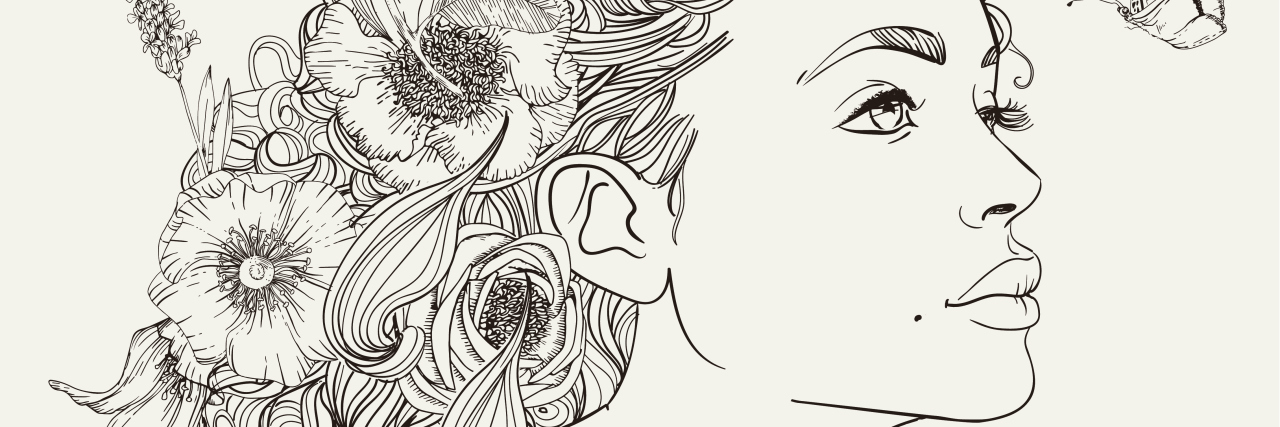People with cerebral palsy (CP) deal with a lot of assumptions and misconceptions when it comes to others’ knowledge about their disability. But the thing that bothers me most is when people choose not to learn about cerebral palsy and stay in ignorance about the condition. If you aren’t willing to be open to learning about the disability I live with, your assumptions are insults to me and many others. I call this “chosen ignorance.”
People with cerebral palsy are capable of many things. We just might need to make adjustments an able person wouldn’t need to think about, such as an adaptation to the brakes on our vehicle, or to our clothing, or to our homes. It depends on the person’s specific needs.
People who have CP have many talents. A classmate once assumed the only reason I got the grades I did was because I had a para-professional to help me. I did have assistance with things in school, but I earned my grades on my own. Others assumed because I was in a wheelchair I couldn’t feel my legs. Having CP is very different than having a spinal cord injury.
Cerebral palsy is the most common childhood disability; 17 million people in the world have CP. CP typically occurs during or shortly after birth as the result of brain damage. I personally believe that because CP is caused by brain damage, some people assume the child cannot become a productive member of society. But the truth is we are capable; we live full lives. We have dreams and goals just like the next person in line.
Society seems to assume the resources available to people with disabilities will fit them perfectly, and stay that way without further changes or adaptations in the future. That is far from true. People need to be more open to asking themselves, “If I was in that person’s position, would this be accessible to me, and work for me rather than against me?” I have never been shy in my belief that knowledge is power. And I believe people carry as much knowledge and information as any book or class.
I think doctors, specialists and professionals who were once there for us when we were children could benefit and learn from us as adults. I wish they helped us in our transition from a child with a disability to an adult with a disability. As we grow and get older, CP does not go away like some may think. The medical field labeling CP as a “non-progressive disability” is a load of crap. Because our muscles are stiff, weak and lack full motion and flexibility, our bodies can age faster in regards to arthritis, cramping, spasms, etc. While this can vary for every person, it is true for me. I was born with spastic hemiplegia cerebral palsy. Spastic is the most common of the four types of CP. The physical changes began when I was 18 and diagnosed with arthritis in my hips and back. Now at 35, the spasms and discomfort have increased greatly with foot cramping and nerve pain.
I do not share this with you for sympathy, but for knowledge, and for the medical field to pay attention. If we were in need of services as children, why aren’t we offered the same courtesy as adults? Why are we ignored or dismissed? We deserve all the same opportunities as the next capable person. If we earn that right, why can’t we keep it just the same as anyone else?
Why are we seen as a liability in the workforce, rather than a reliable, resourceful member of the team? And why are we as a society more concerned with language rather than action or the lack thereof? If we are so concerned with symbols and what they stand for, why don’t we concern ourselves with making positive images that will engage society to take notice of the abilities we bring to the table, rather than what they think won’t work for them?
I am reminded of a Gandhi quote I have seen several times, “Be the change you wish to see in the world.” What if we as a community attempt to make the world see people with unique abilities for who we are, to empower the world to change for the better instead? Let us turn the perception of disability into positivity and productivity rather than supporting messages of judgment, ignorance and assumption.
We want to hear your story. Become a Mighty contributor here.
Getty image by Cofeee.

